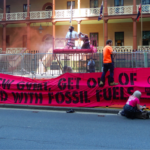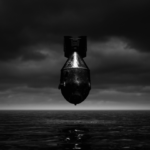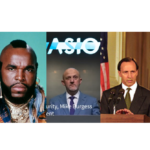Australia Has Been Degrading and Torturing Innocent Refugees Offshore for Eight Years
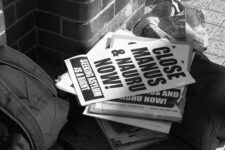
Last Monday marked the eight year anniversary of the implementation of Australia’s mandatory offshore detention regime.
On 19 July 2013, then PM Kevin Rudd announced all asylum seekers arriving by boat would be sent to Manus Island, with this policy later being extended to Nauru.
Our nation’s unlawful, torturous and human rights-undermining system of offshore detention has seen over 4,000 asylum seekers held in these centres, after risking their lives to come to Australia, pleading for help under the auspices of the 1951 Refugee Convention.
This brutal deterrence policy has since seen over 1,400 refugees “transitorily” transferred to Australia for treatment, over 900 resettled in the US and another 900 plus returned to their countries of origin.
However, there were still 233 asylum seekers detained in Nauru and Papua New Guinea as of 30 June.
To mark the eight years of the travesty that is offshore detention, and to draw attention to the barbarity that some continue to be subjected to, the six part Women and Children First podcast has just been released.
Utmost brutality
“The message that the Australian government is sending to asylum seekers is that if they come to Australia by boat their lives will be effectively destroyed,” said National Justice Project director George Newhouse, who features in the final episode of the podcast series.
“The conditions that they will be kept in are to appear so bad that people fleeing death and persecution would prefer to return to harm than stay in indefinite detention in our region,” the principal solicitor told Sydney Criminal Lawyers.
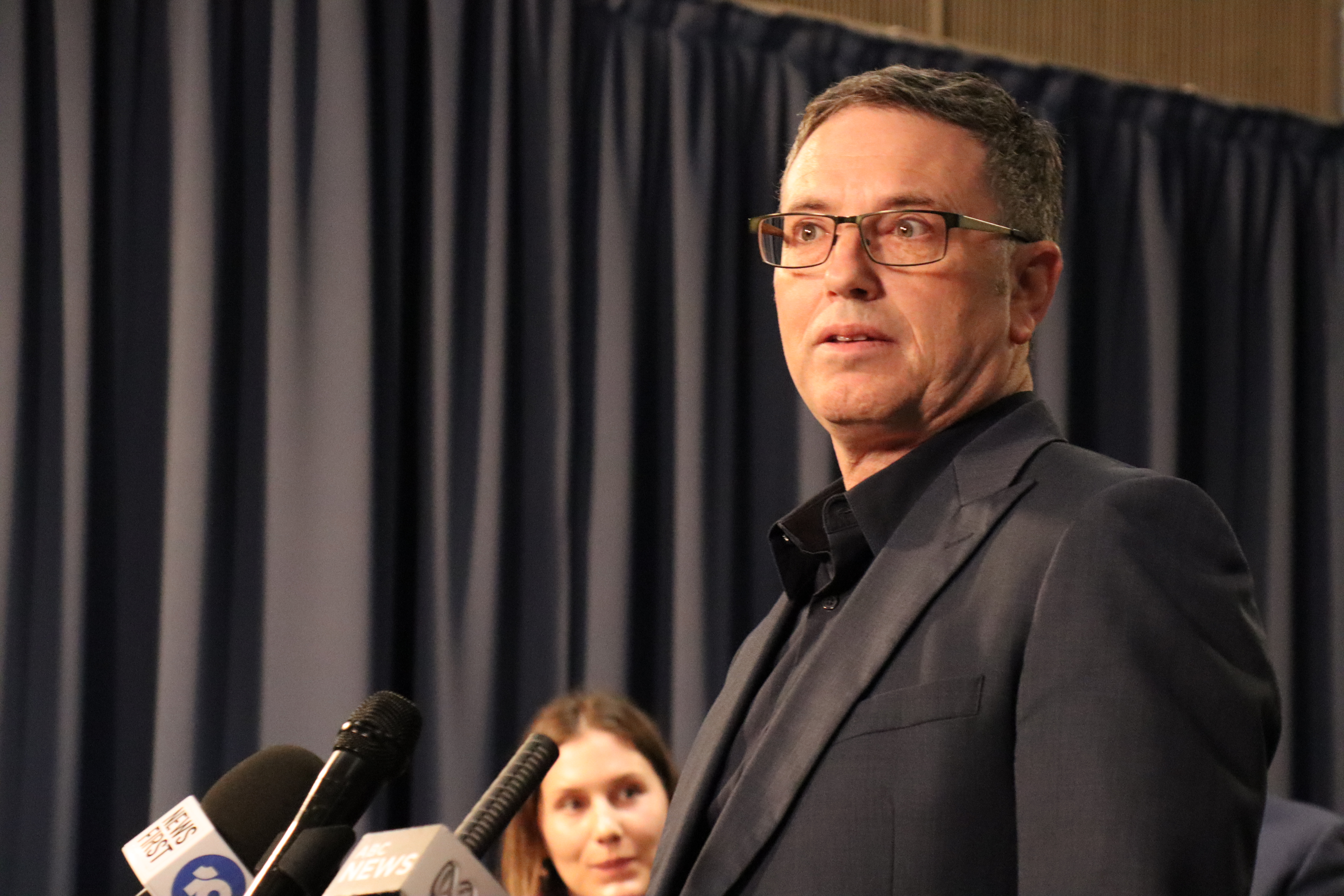
Soon after Rudd made offshore detention mandatory, the Coalition took power and increased the severity of the regime, under Operation Sovereign Borders. Current prime minister Scott Morrison oversaw the implementation of this new policy as then federal immigration minister.
In those days, a recorded message would greet the desperate people arriving at the offshore detention facilities, which involved Morrison warning, “If you have a valid claim, you will not be resettled in Australia. If you choose not to go home, then you will spend a very, very long time here.”
“Their lives have effectively been destroyed,” Newhouse continued, “which was the exact intention of our leaders, when they designed this plan.”
“I’ve seen children and adults with serious mental illness and a sense of hopelessness that they’ll never escape from this endless cycle of uncertainty.”
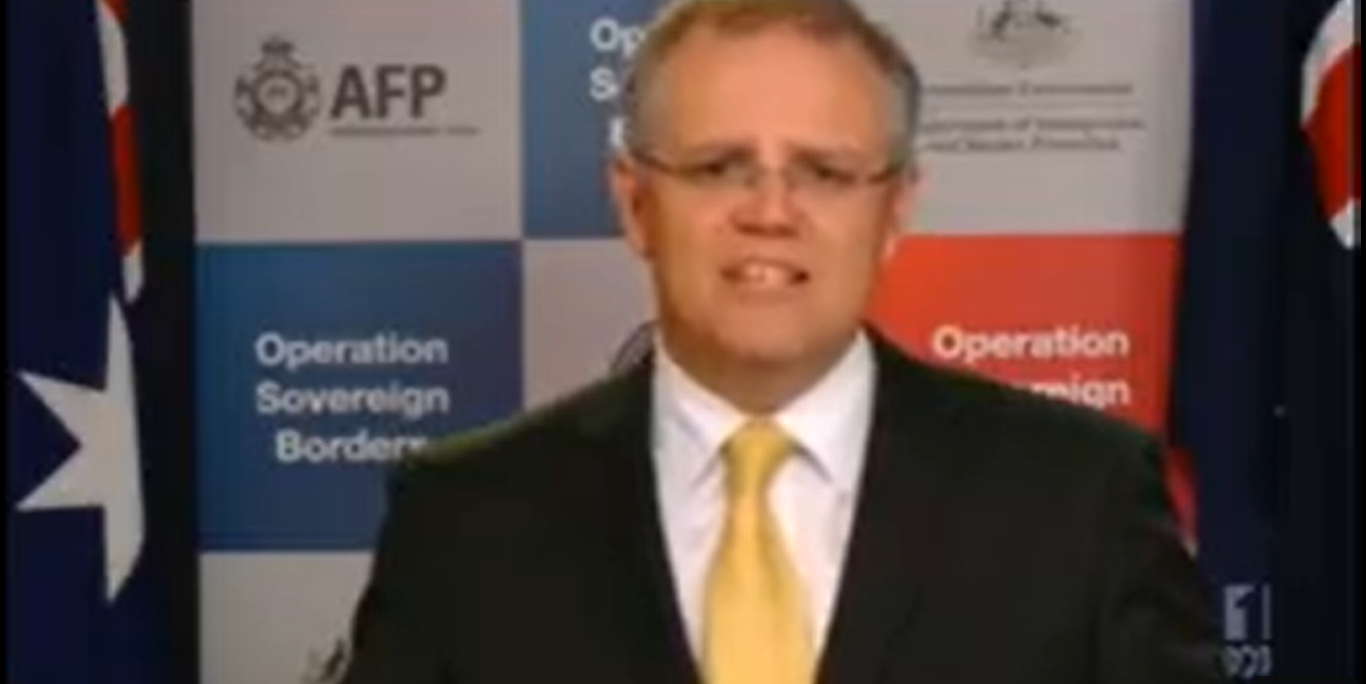
Eight years of anguish
Over six episodes, Women and Children First presenter Alex Roussos speaks to a suite of prominent advocates calling for an end to offshore detention.
These include former High Court Justice Michael Kirby, human rights lawyer Geoffrey Robertson, federal independent MP Andrew Wilkie and renowned barrister Julian Burnside.
“The problem is because the government has put these individuals out of sight, they are also out of mind,” explained Newhouse, in relation to the podcast’s aims to draw renewed attention to and promote debate over a regime that the lawyer adds many are unaware is still in operation.
“Most Australians are focused, certainly now, on their own problems and their own COVID-19 lockdown,” the lawyer stressed. “It’s extremely hard for advocates to cut through with such a small cohort of people.”
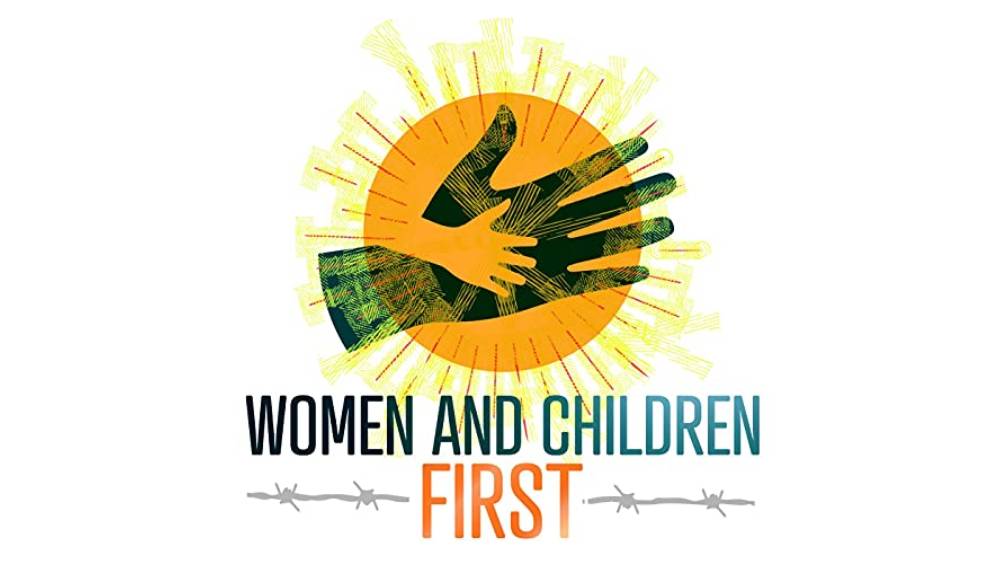
Whites only
According to Newhouse, the offshore detention regime is simply an extension of how our nation has been operating since 1901 federation, which saw a “race power” clause included in the Australian Constitution, as well as the implementation of the decades-long White Australia Policy.
Section 51(xxvi) of the Australian Constitution contains the race power. It provides parliament with the option to make laws in relation to “people of any race for whom it is deemed necessary to make special laws”.
Right after federation, a series of laws were enacted that became known as the White Australia Policy. Standing until well into the second half of last century, these laws were to ensure that the majority of the population of this continent remained of British Anglo-Saxon descent.
Newhouse explains that offshore detention is basically “business as usual”, while in the early 1970s there was “an aberration after the Whitlam government did away with the White Australian Policy”, and both Liberal and Labor oversaw “an influx of Vietnamese boat people” resettled here.
Fortress Australia
As community attention of late has been largely focused on the former offshore detainees who were brought to Australia under the since revoked Medevac laws in 2019, those continuing into their ninth year on Nauru and PNG have strayed from immediate attention.
While Women and Children First explores the controversy of the mandatory detention policy of the last eight years, it should be remembered the offshore detention regime initially commenced in the early years of this century, and, after being shut down, it was reopened a decade later.
“Climate change is going to create a new class of environmental refugee,” Newhouse made clear, “and we need to be planning for a future that sees mass movement of populations.”
“I can’t see an end to this ghastly situation until we have a moderate leader of the Liberal Party, who is prepared to show compassion to others,” he concluded, “and that may never happen.”


